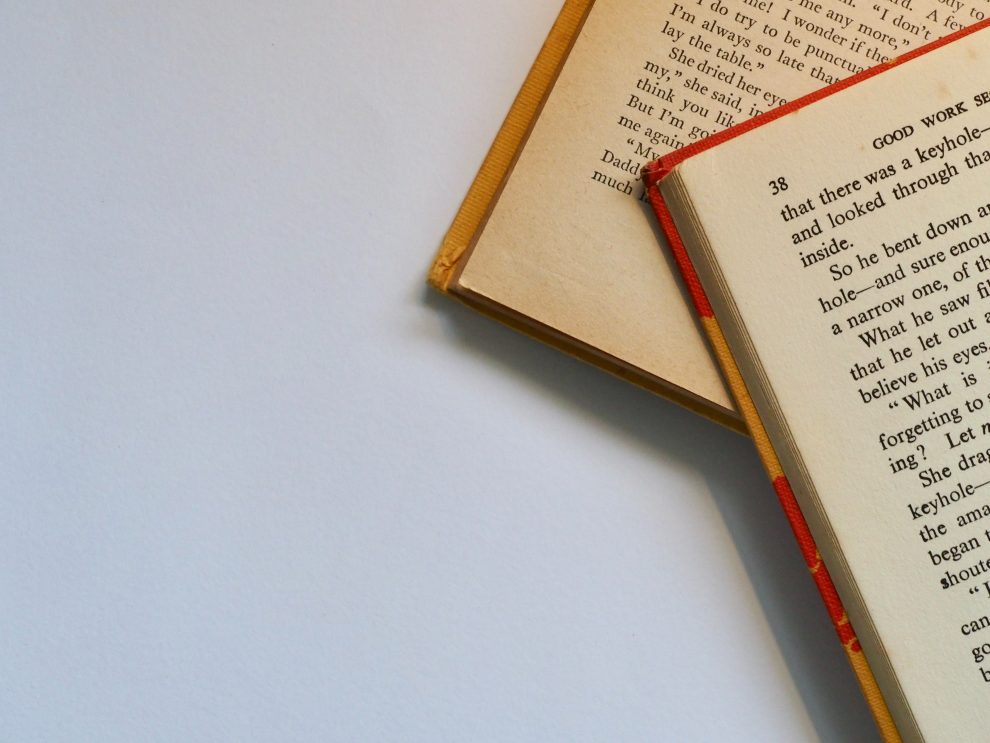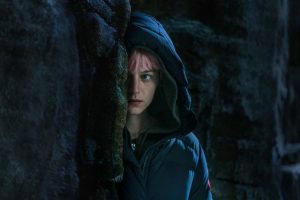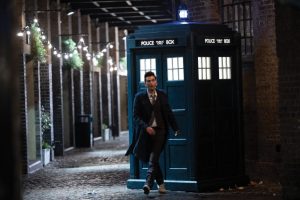U.S. Catholic readers’ favorite books are tattered and torn with love.
Booksmart. Urbandictionary.com defines it as “1. A very smart person who bases his or her arguments on facts from books. 2. To have brains.”
U.S. Catholic readers might just be considered booksmart; the majority say they turn readily to books to educate themselves about their faith. But books aren’t the exclusive source of their smarts; readers might also be called magazine-smart, personal conversation-smart, papal encyclical-smart, and even blog-smart based on the other places they’re going to deepen their knowledge.
While Pat Blackledge turns to “books, periodicals, talking to others, and the Internet” to educate herself, she adds, “Most things in life inform one’s faith. Sometimes the less obvious people or things add more depth than the more obvious pious literature.”
Marian Howard also likes to learn by reading. In addition she says, “I use the Internet with caution, and I talk to people who know more than I do.”
Mixing the old with the new, Jared Tomanek turns to “reading, podcasts, blogs, conferences, and Mass” to learn more about his faith.
Still, U.S. Catholic readers surveyed are bibliophiles. While they base their knowledge on much more than what they read in books, they can often be found with their noses in them. Eighty-nine percent consider themselves average to avid readers who finish at least one book a month.
People who love books tend to have strong opinions on them. When asked about their favorites, readers responded enthusiastically, often unable to name just one writer or book, and they gushed over writers of mystery to books about the mystery of God.
Pat Nelson says her favorite writer is James Patterson, who pens thrillers, while Marie Getty says she likes P. D. James, Reginald Hill, and Christopher Fowler because “I really enjoy British mysteries.”
U.S. Catholic columnist Alice Camille says Sir Arthur Conan Doyle is her favorite author. “I’ve been madly in love with Sherlock Holmes since I was 12,” she says.
Hans Küng is Nicholas Narloch’s favorite. “Küng is a Spirit-gifted modern-day prophet in our midst.”
Küng–along with Thomas Merton, Joan Chittister, Elizabeth Johnson, James Martin, and Richard Rohr–was a popular pick among readers when asked about their favorite writers addressing issues related to the Catholic faith today.
Jennifer J. Knight of Yankton, South Dakota says that “of a dozen favorites, one is Joan Chittister [because she’s] a lucid, common-sense, holy Benedictine woman of great courage.”
Former head of the Dominican order Father Timothy Radcliffe tops U.S. Catholic contributor Krissy Peterson’s list. “He references things we experience in our secular lives and is able to relate those things to our faith lives.”
Carmen Aguinaco, U.S. Catholic contributing editor and director of Claretian Publications’ Hispanic Ministry Resource Center, says, “Lately I read G. K. Chesterton’s collection of essays on the reasons why he became a Catholic, and I truly enjoyed the humor, intelligence, and sensitivity.”
A whopping 97 percent of respondents say that books don’t have to be specifically about faith to offer religious or spiritual insights, evidenced by their selections for the books with the greatest effects on their faith lives. These picks range from Harper Lee’s To Kill a Mockingbird to SØren Kierkegaard’s Fear and Trembling to Dan Brown’s The DaVinci Code (Bantum Dell, 2003). “Not that I swallowed its theories,” Margaret Zakem hastens to explain. “But it made me think and wonder and study church history.”
Associate editor Megan Sweas says that reading Living Buddha, Living Christ (Riverhead Trade, 1995) by Thich Nhat Hahn had a profound effect on her faith life. “My mom gave it to me before I went to Honduras for six weeks in high school. As an American teen used to having every hour of her day scheduled with activities and homework, I couldn’t handle Sunday as a true day of rest. Thich Nhat Hahn taught me how to be mindful and meditate and pray.”
Ruth Rolander Cernera also discovered wisdom related to Buddhism as a teenager. Herman Hesse’s Siddhartha introduced her to “a whole new world,” she says.
While Cernera and Sweas were busy learning about Buddhism, managing editor Bryan Cones was turning the pages of A Wrinkle in Time by Episcopalian Madeleine L’Engle. “L’Engle’s stories are about how seemingly ordinary or even odd people have important, sometimes indispensable parts to play in the human story. Her deep message is always that love–not power or beauty or cleverness–is the path that leads to the triumph of good over evil.”
Patrick Cronin had broader teenage reading habits. “I really liked Catcher in the Rye, and I was into Ayn Rand until I learned better,” he says.
When asked about the top three books on their reading lists, most respondents couldn’t stop at just three, and nearly all lamented a lack of time for indulging in a few hours of leisurely reading. U.S. Catholic art director Tom Wright is trying a new approach to squeezing some reading in. “I just got an iPad and have downloaded a couple of books for my upcoming vacation. Hopefully my grandkids will give me time to read them.”
And the Survey Says…
1. I consider myself:
63% – An avid reader who reads a book a week, or more than one book at a time.
26% – An average reader who gets through at least one book each month.
9% – An occasional reader who enjoys books but doesn’t spend much time
reading them.
2% – Somewhat of a reader. There are occasional books that pique my interest, but no more than one every few months.
2. New Age or secular self-help books such as The Secret are:
27% – Interesting reads, but neither helpful nor detrimental.
17% – Detrimental to one’s faith and should be avoided.
14% – Helpful reads for individuals doing spiritual discernment.
42% – Other.
Representative of “other”:
“The important thing is to be so well-grounded in one’s faith that errant ideas stick out like a sore thumb.”
3. I am a member of a book club or book discussion group:
29% – Yes
71% – No
4. It is possible to gain religious and spiritual insight from books that aren’t specifically related to faith.
97% – Agree
2% – Disagree
1% – Other
5. The Bible is the only self-help book I need:
5% – Agree
84% – Disagree
11% – Other
This article appeared in the October 2010 issue of U.S. Catholic (Vol. 75, No. 10, pages 18-21).
Image: Jess Bailey Designs from Pexels














Add comment